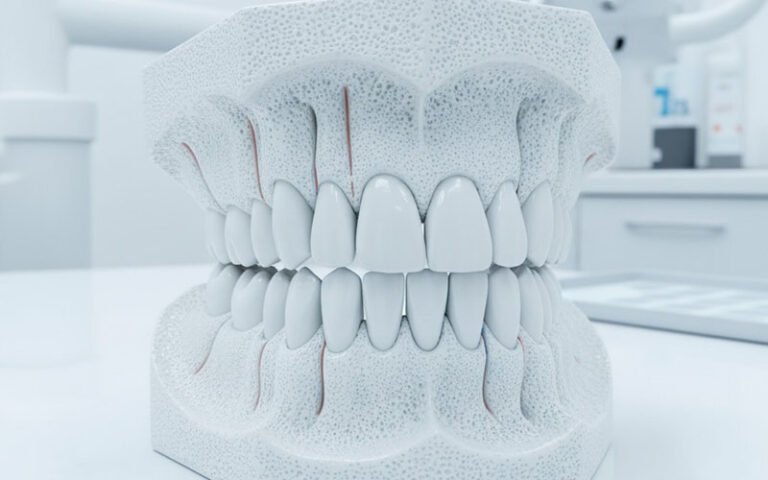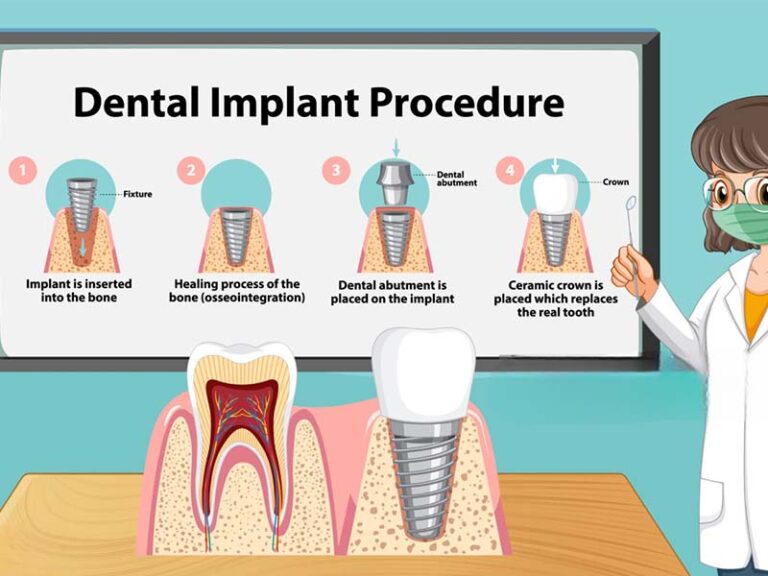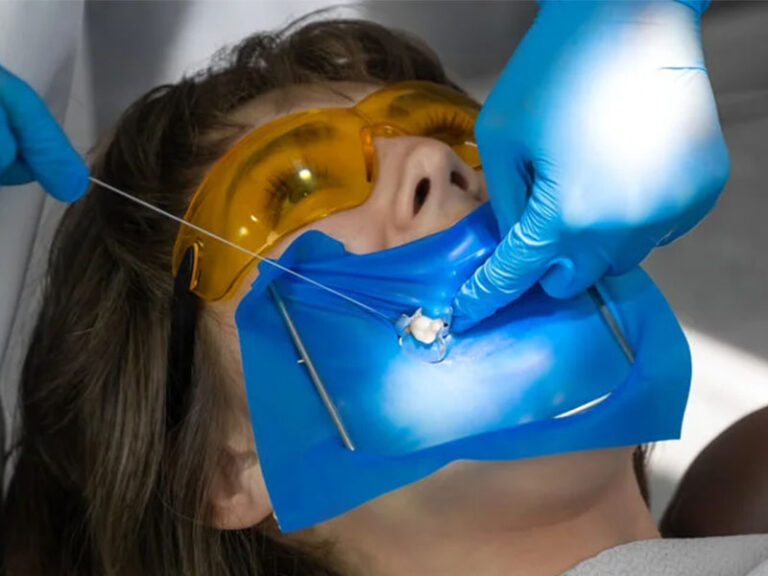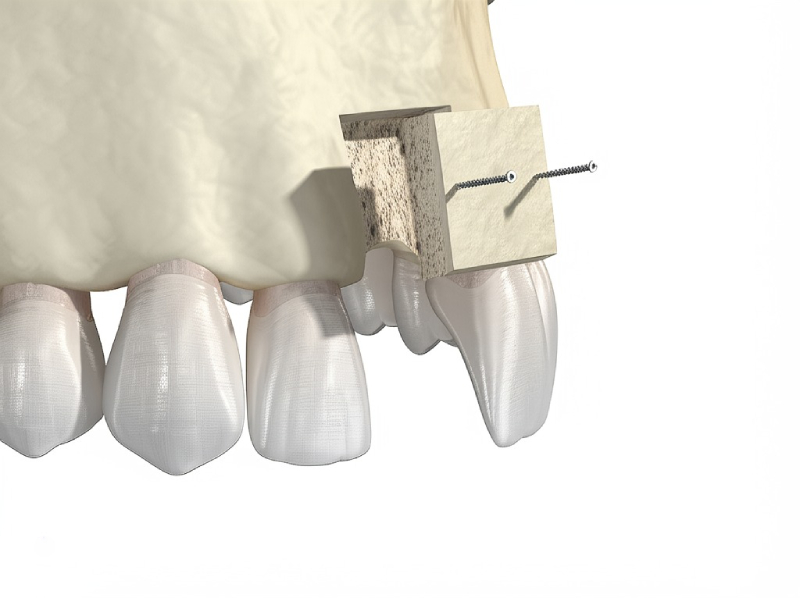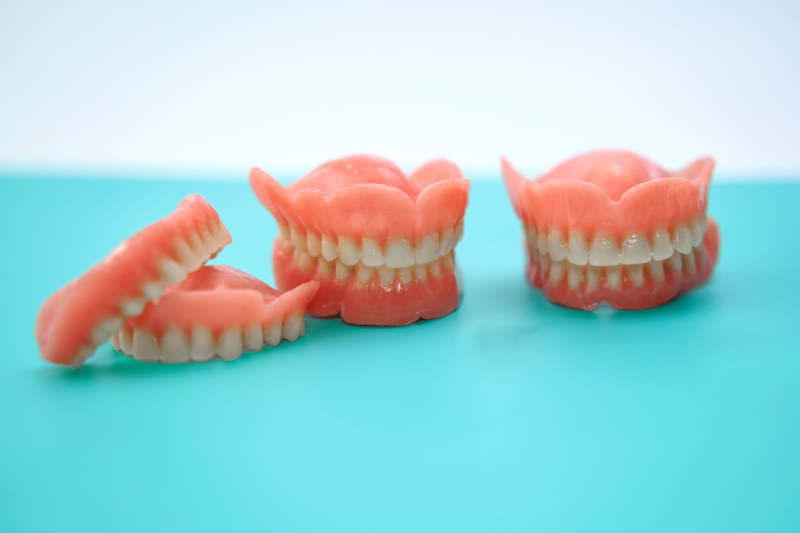
Denture Relines vs. Rebases: What You Need to Know
Struggling with loose dentures? Believe me, I’ve been through it. In this guide, I’ll share what I learned about denture relines and rebases—the differences, how it all works, costs, aftercare, and how you can get your smile back in shape.
Table of Contents
Introduction: My Story With Bad-Fitting Dentures
If you’re like me, maybe you figured your dentures would just work for life. You get them, deal with breaking them in, and that’s that, right? Only, it wasn’t like that for me—or for millions of other folks with dentures. After a while, I realized my dentures—once tight and comfy—felt loose. Chewing got weird. I noticed sore spots, and even extra glue didn’t help.
So, I started learning everything I could about denture relines and rebases. My dentist kept mentioning these like I should know what they are. Let’s skip the confusion. Here’s what I wish someone had told me earlier about getting back denture comfort—and my confidence.
Why Dentures Stop Fitting (And Why It’s a Big Deal)
At first, my dentures fit perfectly. A year later, I was using more glue and twisting them around in my mouth all the time. Sound familiar?
Here’s why this happens:
- Bone loss: After you lose teeth, the bone under them slowly shrinks. Your gums change, too. Even well-made dentures can get loose because of this.
- Daily use: Eating, biting, cleaning—after a while, the bottom part of your dentures wears out and doesn’t fit as well.
- Getting older: As we get older, our bodies change—including our mouths.
If you ignore loose dentures, things can get worse—like mouth sores, trouble eating, slurred speaking, or even jaw pain. I was shocked to learn as many as 70% of people with dentures get sore spots at some point! No wonder so many people get frustrated.
Denture Relines: Getting the Fit Back From the Inside
I’ll never forget when my dentist first said “reline.” I thought, Is that a repair? Kind of—but it’s more like fixing your dentures so they fit the new shape of your gums.
What Is a Reline?
A reline means putting new stuff on the inside of your old dentures. Think of it like getting your favorite shoes made to fit your feet again after they’ve changed. The idea is to get the dentures fitting on your gums better.
Relines don’t mess with the teeth part at all—just the bit that sits on your gums.
Types: Soft, Hard, and Temporary
Let’s break these down because my dentist gave me choices and it got a little messy.
Soft Reline
Right after my teeth came out, my gums felt sore. My dentist said I should try a soft reline. They use a soft, squishy material that feels a bit like a padded insole. Soft relines are good if your gums hurt or are still healing. They’re gentle but don’t last forever—you might get six to twelve months.
Hard Reline
Later, when my gums calmed down, I needed something stronger—a hard reline. This uses a tougher plastic like your denture base. Usually, they send your denture out to the lab for a day or two. A hard reline can last for a couple years and feels more solid.
Temporary/Conditioning Reline
If your gums are really beat up (which happened to me from loose dentures) your dentist might start with a temporary reline. This is just a quick, easy fix to help your mouth feel better until you can get the real thing.
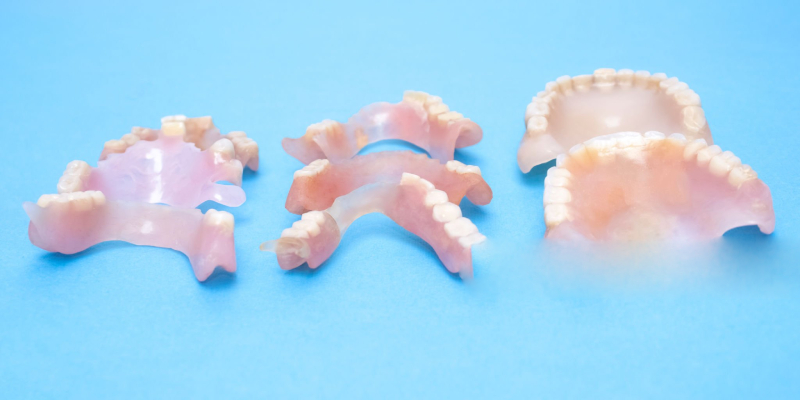
How the Reline Happens
Here’s what usually happens:
- Mold: The dentist takes a mold of your gums with your denture in. Sometimes, it’s done right in the office (for quick relines). Other times, they send it off to a lab (for hard relines).
- Add new lining: For spot fixes, they squirt the new stuff inside your denture and press it to your mouth. For lab jobs, it takes longer but is more exact.
- Adjustments: The dentist checks your bite, fixes any rough spots, and—just like that—your denture feels way better.
You could be done in an hour for a fast reline or might wait a few days for a lab job.
Signs You Might Need a Reline
Think you might need one? Here’s what I look for (and what my dentist said):
- Denture slips or moves when you eat or talk.
- You’re using glue every day just to keep it still.
- Your mouth has sore spots, ulcers, or hurts.
- You’re eating less or steering clear of certain foods.
- Your speech is changing, maybe there’s a lisp.
- Your face looks a little sunken or droopy (this is real).
If you checked off even two, it might be time for a reline.
Denture Rebases: When a Reline Just Won’t Help
There came a time when relining just wouldn’t fix things for me. My denture base was way too thin, and cracks started showing. That’s when my dentist said, rebase.
What Is a Rebase?
A rebase is a bigger job. Instead of just changing the inside, they swap out the whole base—the pink part that looks like gums— but keep your denture teeth. It’s like taking apart a car and putting all the good pieces on a new frame.
When Should You Get a Rebase?
How did I know it was time (and what did my dentist say)?
- The base actually cracked (bad day, but it happens).
- The base got so thin I thought it would snap if I bit too hard.
- My gums and jaw changed so much that even relines didn’t do anything.
- The base stained and stunk up no matter how I cleaned it.
- I just didn’t feel confident anymore—don’t ignore that!
If your denture has big problems—not just a loose fit—ask about a rebase.
Step-by-Step Rebase Process
Here’s what it was like for me:
- Mold: The team took a mold of my mouth with my denture teeth still on. It felt weird, but didn’t hurt.
- Lab work: They sent off my denture. The folks at the lab took off the old base and built a strong new one that fit my mouth as it is now.
- Adjustment: I went back, tried them on, the dentist checked everything, and did little tweaks.
It took about 2–5 days, unless your dentist’s office does its own lab work.
Reline vs. Rebase: How to Tell Which One You Need
When my dentures first got loose, a reline was enough. Years later, only a rebase fixed things for good. Here’s the difference in my eyes:
| Feature | Reline | Rebase |
|---|---|---|
| What they fix | Loose fit, small gum change | Big damage, big gum change |
| Material changed | Only inside base | Whole base is swapped |
| Denture teeth | Stay the same | Stay the same |
| Cost/Time | Cheaper, sometimes same-day | Costs more, takes longer |
| When to pick | Needs a small fix | Major base problems |
Who makes the choice? The dentist or the tooth specialist should help you decide. But if you know the “why,” you’ll feel good about their advice.
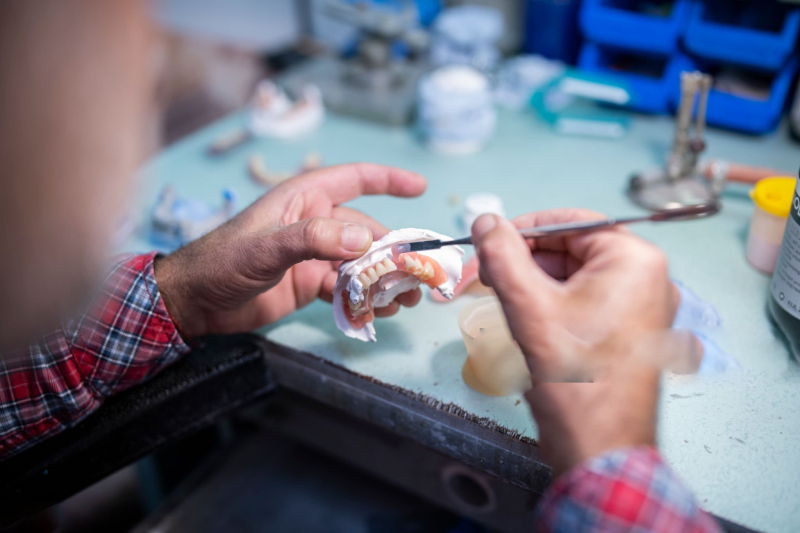
Cost: What To Expect and How To Save
Let’s get real—cost worried me, and probably you too.
What Stuff Costs (Depends on Where You Live)
- Soft reline: $300–$500
- Hard (lab) reline: $400–$800
- Rebase: $600–$1,200
Prices change depending on your dentist, where you live, full or partial dentures, and what they use. Rebases cost more, but might make your dentures last way longer.
Insurance and Paying
My insurance paid some for the reline, but not all. Rebases were a “major” fix, so they paid less. If you’ve got Medicare or Medicaid, it depends on your plan. Ask your dentist’s office for the details and payment plans.
At-Home Kits: Are They Any Good?
I’ll say it—DIY reline kits? I tried them. Big mistake. My denture turned lumpy and hurt my gums worse. It cost double to fix it at the dentist! Dentists say those kits can ruin your denture, hurt your mouth, or make jaw problems go faster. I say, let the pros do it.
Aftercare: Keeping Your Better-Fitting Dentures
So your denture feels good again—what now? The advice I got from my dentist really helped.
Right After
- Follow orders: The dentist tells you how long to wear them, what to eat, and what foods to skip for a bit.
- Expect a few aches: Your mouth might be sore at first. If the pain stays or gets worse after two or three days, call your dentist.
- Clean gently: Use a soft toothbrush and don’t scrub new liner material hard.
Long-Term Care
- Clean your dentures every day—bad cleaning means stains, infections, and they don’t last as long.
- Rinse your mouth after eating.
- Take dentures out at night (unless told not to), so your gums get a break.
- Get a denture check at least every year—more if you notice problems.
- Never use boiling water or strong cleaners on dentures.
Taking care of them and seeing the dentist often kept my fit comfortable a lot longer.
FAQs—Quick Answers to Common Questions
After all this time, these keep coming up:
How long does a reline or rebase last?
A soft reline might last 6–12 months. A hard reline can last several years; rebases might go even longer. But your mouth keeps changing, so don’t skip checkups.
Can I reline my denture at home?
It’s tempting, but I wouldn’t do it—home kits can ruin the fit and hurt your mouth. Go to a pro for a real fix.
Will insurance pay for a reline or rebase?
Sometimes. Plans are all different. Ask your dentist to check your coverage, and always get a cost estimate.
How often should dentures be checked?
At least once a year, but if something feels wrong—loose, sore spots, trouble eating—get in sooner.
What if relining or rebasing doesn’t work?
Maybe your denture or teeth are just too old or broken to fix. You might need a new set. Some people get implant dentures, which are more stable. Your dentist can go over options with you.
My Last Thoughts and Advice
Having dentures means things change over time. My biggest tip? Don’t wait for things to go wrong. Relines and rebases are normal—a routine way to keep your smile working, not fighting against you. A better fit means you eat better, talk easier, and spend less time worrying.
If your dentures feel loose, hurt, or just don’t work—book a dental visit. Trust me, it’s worth it. I can say for sure, with the right fixes, dentures can feel (almost) brand new.
Got questions or need help? Call your dentist or a denture expert. Don’t go through it alone—there’s almost always something they can do.

